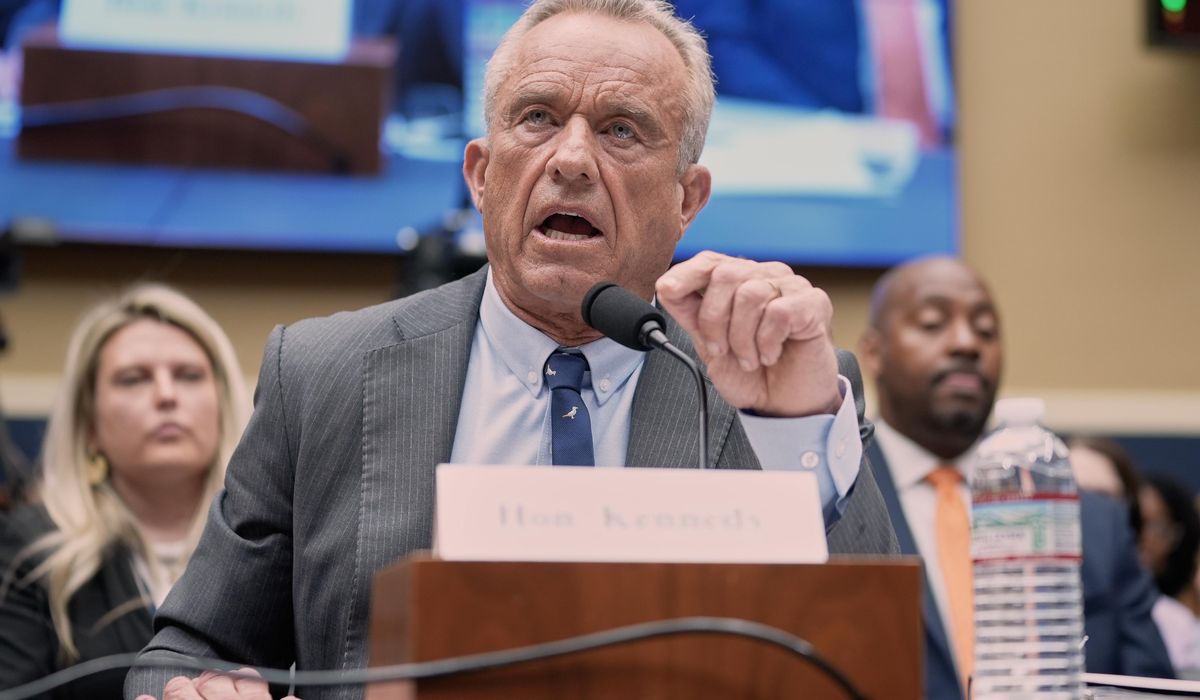


The Supreme Court upheld the structure of a task force within the Department of Health and Human Services responsible for deciding what vaccines, tests and medication are to be covered by insurance.
The justices in a 6-3 decision said the task force members are “inferior” officers that can be appointed and removed by the secretary of Health and Human Services, not “principal officers” who would have had to be appointed by the president.
“Appointment of Task Force members by the Secretary of HHS is consistent with the Appointments Clause,” wrote Justice Brett M. Kavanaugh for the majority.
Justices Clarence Thomas, Samuel A. Alito Jr. and Neil M. Gorsuch disagreed with the decision.
In a dissent authored by Justice Thomas, he said that under the Constitution, an appointment is made by the president with confirmation by the Senate, disagreeing with the majority’s decision to side with the government in the dispute.
“It distorts Congress’s design for the Task Force, changing it from an independent body that reports directly to the President to one subject to the control of the Secretary of HHS,” he wrote.
The Health and Human Services secretary — currently Robert F. Kennedy Jr. — has been the official responsible for appointing members in the past.
The task force is composed of 16 individuals who serve four-year terms. It was first convened in 1984 and consists of experts who recommend which preventive services are necessary.
Under the Affordable Care Act, the recommendations became mandates rather than advisory.
The case came to the high court after lower courts sided with individuals and small businesses who objected to the requirement that group health plans cover preexposure prophylaxis, which is used to prevent HIV. They object based on religious grounds.
As a way to challenge the requirement, they argued that the task force, which suggested the medication be part of the preventive coverage, is unlawful because members have not been appointed by the president and confirmed by the Senate.
That argument was rejected in Friday’s decision.
The case is Robert F. Kennedy Jr. v. Braidwood Management.
• Alex Swoyer can be reached at aswoyer@washingtontimes.com.
